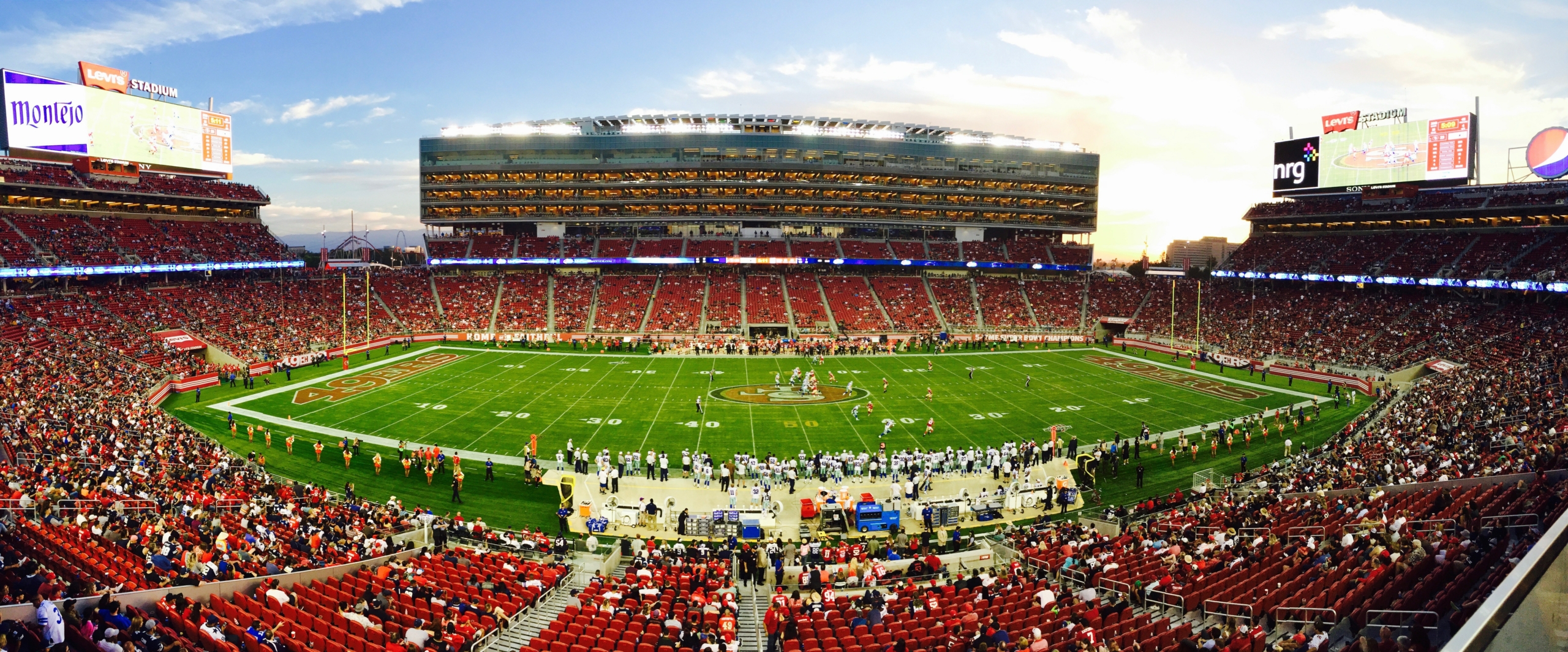On February 8, 2023, the United States District Court for the Central District of California certified a class action seeking $6 billion in damages against the National Football League (NFL). The complaint alleged that the league violated anti-trust law for limiting the availability of televised games through its “Sunday Ticket” package. Sunday Ticket allows subscribers to watch all NFL Sunday afternoon games, regardless of geographic location or local market. Non-subscribers may only watch a limited set of local “in market” games. According to the plaintiffs, without the alleged anticompetitive Sunday Ticket package, a greater number of NFL telecasts would be available and at lower prices.
The NFL initially opposed class certification on commonality grounds. Federal Rule of Civil Procedure 23(a)(2) requires plaintiffs to show “there are questions of law or fact common to the class.” In response, Plaintiffs split the action into two subclasses: approximately 2.4 million residential subscribers and 48,000 commercial subscribers (e.g., restaurants and bars). Residential subscribers pay at least $294 per household, while a commercial subscription generally costs thousands.
The NFL also opposed certification on the issue of predominance. Federal Rule of Civil Procedure 23(b) requires “questions of law or fact common to class members predominate over any questions affecting only individual members.” The NFL argued that plaintiffs could not establish measurable damages that predominate each subclass. Plaintiffs overcame the predominance issue by comparing the damages allegedly caused by Sunday Ticket to a 1980s college football telecast arrangement that was struck down by the Supreme Court as anti-competitive. An expert for the plaintiffs testified that after the college football telecast arrangement was invalidated, there was an increased number of college football broadcasts and decreased prices for TV subscribers. The Court was persuaded by Plaintiffs’ argument and ruled that the alleged antitrust violation presented common questions of fact and law capable of being established through a common body of evidence.
The Court’s decision highlights “predominance” as a critical issue for defending class actions. In this case, the Court was persuaded that an economic model comparing professional football to college football met the “predominance” requirement because Plaintiffs established issues of law and fact common to both subclasses of the class action. Defendants in similar circumstances could bolster their predominance arguments by presenting a robust record of individualized questions of liability for each plaintiff. Defendants should also staunchly challenge the plaintiff’s model of damages, particularly the ability to assess damages class wide. It is uncertain whether the plaintiffs’ class action will prevail on the merits, but the Court’s decision illustrates the importance of contesting the threshold requirement of predominance at the class-certification stage.

